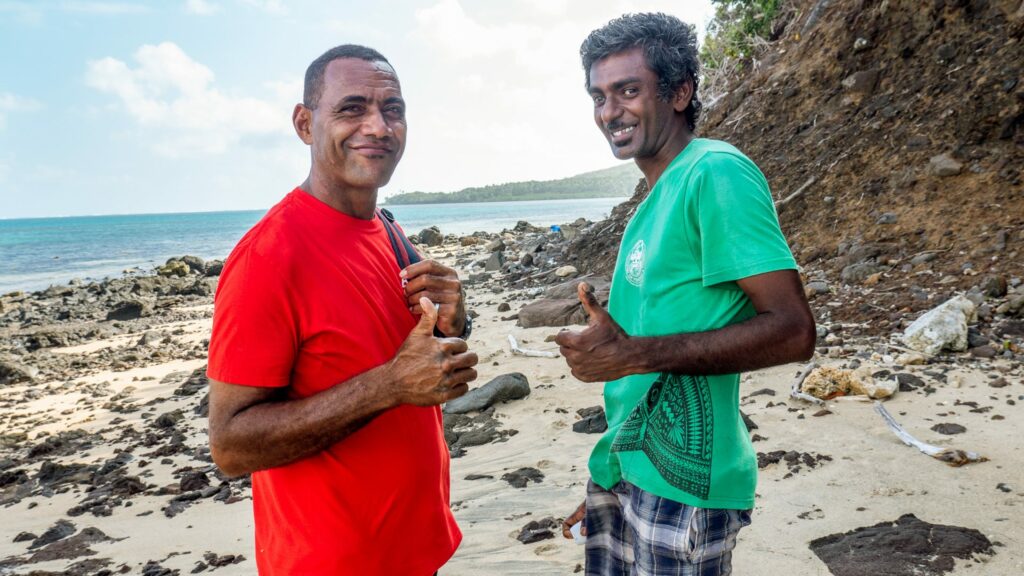
Unique Concepts in Fiji
There are concepts that exist in Fiji that do not exist anywhere else in the world. These concepts relate closely to traditional approaches to societal flourishing and act as the underpinning foundation that ties all Fijian customs and traditions together. See below for just a few and how they relate to your experience on project…
Vanua
We’d recommend going to the culture module in the Global Skills course for this one! This concept is HUGE and all encompassing in Fijian culture – it is not an understatement to claim that vanua is a central component to all facets of indigenous Fijian culture and customs. It is a complicated but fundamental sociocultural, hierarchical and spiritual concept that is unique to the Pacific, being particular prominent in contemporary Fiji; it plays a central role as the epicentre and explanation for indigenous Fijian culture and is arguably the means by which Fijian customs and identity are maintained in Fiji despite a host of new influences… it is like the glue for every aspect of Fijian tradition.
Put very simply, vanua is essentially about how people relate to the land, each other and the world. Ownership of land is integral to every tribe, clan and family unit and we would seriously recommend asking about this when you are in Fiji, it’s hard to come to an understanding of Fijian culture without it.
“The vanua is the living soul or human manifestation of the physical environment which the members have since claimed to belong to them and to which they also belong. The land is the physical or geographical entity of the people, upon which their survival… as a group depends. Land is thus an extension of the self. Likewise, the people are an extension of the land. Land becomes lifeless and useless without the people, and likewise the people are helpless and insecure without land to thrive upon.”
Asesela Ravuvu. Vaka i taukei: The Fijian Way of Life, 1983, p. 76

Kerekere
The closest literal translation in English is “request”, but the Fijian concept of kerekere can best be described as ‘unconditional giving’. Fijians are used to living without personal belongings and their culture is based on sharing all goods. Consequently, in the village, people may ask you for things – from a T-shirt to your IPod. If you do not want to give an item, merely say that you cannot do without it, but be sensitive to people’s lack of material goods. Similarly, be careful not to admire anything in the Fijian home too closely, as your hosts may feel obliged to give it to you!
Following along these lines, there is an unspoken ‘open door policy’ in Fijian villages, meaning the household door is literally left open all day and anyone and everyone is welcome inside. This is a lovely thing, but it does mean that if you have any valuables on show, particularly when there are children around, it’s probably not a good idea! If you do have any valuables with you on project, make sure they are out of sight and notify your family.

Nai tovo kei nai vakarau
These two words relate very closely to traditional lifestyle (na bula vakavanua) and responsibilities that one has to uphold those customs. These are central ideas in rural Fiji and is the reason why traditional customs and behaviours are adhered to strictly. This is one of the reasons we ask you to be as observant as you can of customs and etiquette in a village.
See the section on Village Customs and Etiquette for more details.
